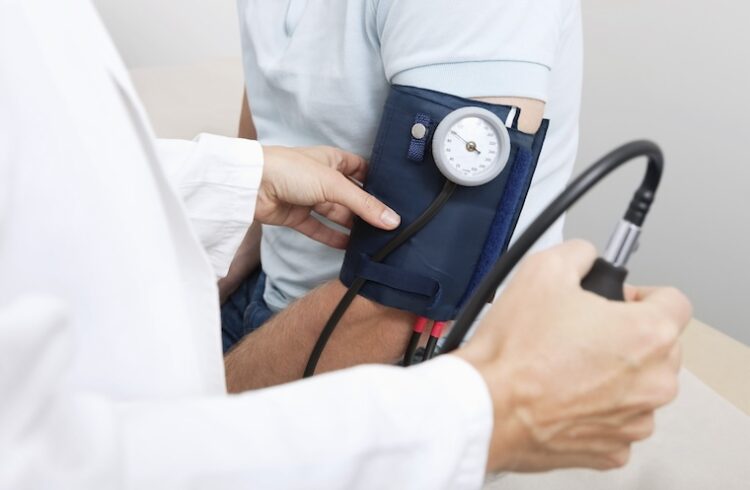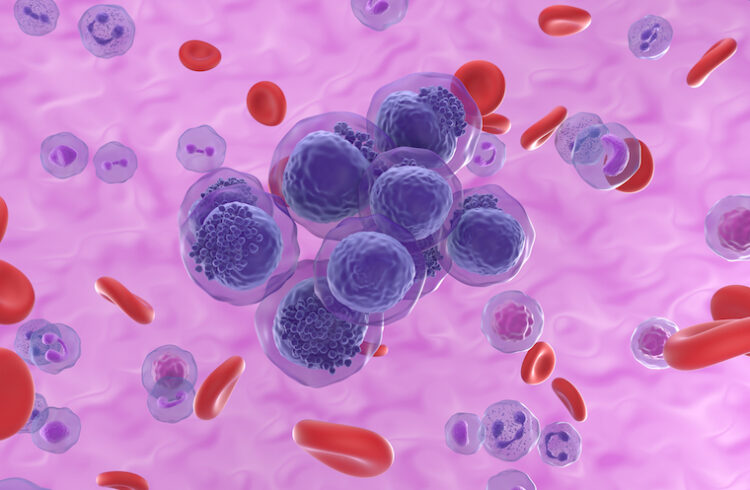
WHAT: The University of Virginia Health System is committed to environmental responsibility. Recently, UVA nurses collected 1.8 tons of recyclable medical materials over a 30-day period to demonstrate how much waste could be saved from landfills if plastics were recycled throughout the hospital. To educate staff on other ways the hospital is going green, the nurses will celebrate the two-year anniversary of the hospital’s attainment of Magnet recognition with a “Go Green Coffee House” on Monday, Sept. 15, 2008. Magnet recognition is an honor bestowed on just 5 percent of U.S. hospitals by the American Nurses Credentialing Center and is an indicator of high-quality patient care and strong professional standards.
The nurses will transform the hospital’s dining conference rooms into a rain forest and display a virtual green tree recognizing the greening efforts of Health System staff at home, in the community and at work.
WHEN: The coffeehouse will be Monday, Sept. 15 at two separate times: 6 a.m. to 10 a.m., and 4 p.m. to 7 p.m. Nurses will deliver coffee boxes Sept. 12 to their UVA colleagues at outlying clinics.
WHERE: Dining conference rooms off the main hospital lobby. Reporters should call Public Relations in advance at 434-996-1669 and meet a PR staff member in the hospital lobby. Reporters will also have an opportunity to get footage of the nurses’ recycling efforts on hospital units.
PHOTO INFO: In photo 1, Trena Berg, an RN in UVA’s Operating Room, collects recycled medical packaging in a 50-gallon container. In photo 2, Keirnan Calef and Drew Walton, students in the UVA School of Nursing’s Clinical Nurse Leader program, sort recycling at the UVA recycling center.
RECYCLING BACKGROUND:
The medical waste recycling demonstration project is one part of greening efforts at the Health System. In 2007, the University of Virginia’s Board of Visitors approved a measure requiring all new and renovated university buildings, including new health system buildings, to be Leadership in Energy and Environmental Design (LEED) certified.
The medical waste recycling demonstration project started with a question posed by Professional Nursing Staff Organization Cabinet member RN Laura Kollar at a PNSO meeting: how can UVA nurses reduce waste? Although the hospital already recycles mixed paper, plastic bottles and aluminum cans, there is no program to recycle the plastics used on medical units such as IV pouches and medical supply packaging. Additionally, materials such as empty nutritional supplement cans and latex glove boxes could also be recycled.
“If you make recycling easy for people, they’re more likely to join in,” said RN Jenny Dixon, one of the hospital’s magnet champions who was involved in the project.
With that in mind, the magnet champions – RNs who have led UVA’s attainment and retention of magnet status – began researching ways to implement a recycling program and reached out to UVA Recycling. Coincidentally, three students in the School of Nursing’s Clinical Nurse Leader graduate program were completing a project on recycling. The nurses teamed up with the students to develop a project to demonstrate how much could be kept out of landfills by recycling more within the hospital, working with UVA and the hospital’s Environmental Services department to place 50 gallon bins in the operating rooms, the Coronary Care Unit and two acute care units.
Response was overwhelming. In 30 days, staff recycled 13,166 gallons of IV bags, latex glove boxes, procedure trays and other medical packaging and waste. The vast majority of all recycled materials come from the operating room, which collected 12,000 gallons over that period. RN Kimberly Sutphin, one of the Magnet Champions who implemented the project, said the three 50-gallon recycling containers on her unit sometimes have to be emptied twice in an 8-hour shift.
“We are definitely in need of larger containers,” she said.
Although the cardiology clinic where Dixon works does not have many plastics to recycle, it has transitioned to an electronic patient records system to decrease the amount of paper consumed, and Dixon has been diligently reminding her colleagues to recycle paper, cardboard and plastic bottles. “I’ve always been excited about recycling, and it was an easy transition to begin recycling at work,” she said.
Plastics recycling continues on the four units with bins, and the Magnet Champions are working to expand the program to other areas of the hospital.
Meanwhile, the nurses also worked to bring donations to the Health System’s ink cartridge and electronic recycling program by placing more drop boxes around the hospital and increasing employee awareness. The ink cartridges, cell phones and other electronics are collected by the Health System’s office of Community Relations, Outreach and Support. Cell phones are donated to Charlottesville’s Sexual Assault Resource Agency (SARA) to be reprogrammed as emergency phones. Other used electronics such as printer cartridges and laptops are handed over to the recycling organization Cartridges for Kids, which pays the Community Relations office for the items. The money collected benefits two projects: the annual three-day Remote Area Medical (RAM) clinic in southwest Virginia, and the Health System’s Medical Equipment Recovery of Clean Inventory (MERCI) project.
The nurses began emphasizing the program in May, and since then, the Community Relations office has collected 52 cell phones, 535 ink cartridges and 206 laser toner cartridges. Community Relations first began the electronic recycling program in July 2007, but “78 percent of our total recycling revenue has been generated since May,” noted Rhiannon Franck, a Community Relations employee.


